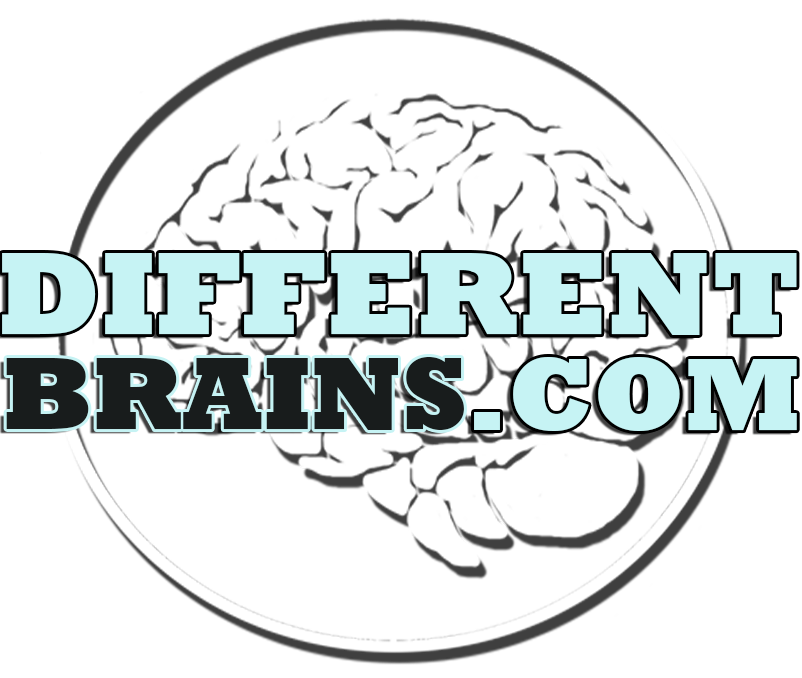Anxiety and Recovery
Anxiety is widespread during the initial stages of rehabilitation. Anxiety about the different functions of the survivor should be redirected and focussed on curiosity about the deficits and their causes. As one starts to focus on the deficits some solutions for a treatment plan needs to be presented. This anxiety needs to be redirected to focus on the self-healing powers of the brain. As one starts to reflect one should pause and take things slowly. There are no strict deadlines – after all a brain injury is a lifelong condition and one should be prepared when one has had a serious coma to undertake therapy for the remainder of their life. This is why one must pace oneself and slowly become aware of the new strengths that become available. Focus on these and your life will start to take shape.
The anxious state of mind should be redirected to thinking about general situations. That situation may be real or imagined, both the situation and roles played by others. This creates self-awareness as the mind strives to remember, analyze, and decide what things to think about. This is basic from my perspective; the mind being self-aware and in control of its future, limited only by the survivor’s original skills and their time, drive, and discipline.
“Anxiety is widespread during the initial stages of rehabilitation.”
This is where the person must be curious, creative and driven to pursue solutions to problems which they encounter primarily with physical situations. These problems will never be presented in a question format and some skill is required in order to facilitate a mindset which sees problems as questions. Perhaps the situation needs to be mulled over before the critical issue of the situation becomes apparent. Perhaps the easiest way to start this process is by being given a certain situation and being required to come up with a solution to the presenting problem.
Say you are anxious about where your wife is. Or any other significant social contact that you have in rehabilitation. This generates a bit of anxiety; the ‘not knowing’. Use this anxiety to drive the thought process to a logical mindset. Position yourself in the center of the situation and be the driver of the process. It must be something that you are genuinely interested in for this to happen. It may not be about therapy at all and the professionals need to get a grip on this…. This is the very start of self-directed rehabilitation which is key for those longer-term goals to be met. The professionals have a short-term outlook on rehabilitation.
“Position yourself in the center of the situation and be the driver of the process”
Perhaps take it out of the social into the physical: I am hungry… when am I going to eat? What am I going to eat? Who pays? How do I eat? Start to be curious about food and toileting. Many easy-going stage appropriate conversations about this can be had. Part of the problem here is the majority of the professionals do not have the skills required for these sorts of interactions.
Engendering curiosity here is paramount. This is a new concept in rehabilitation – one which needs addressing at highest levels as it is the key to long term recovery.




